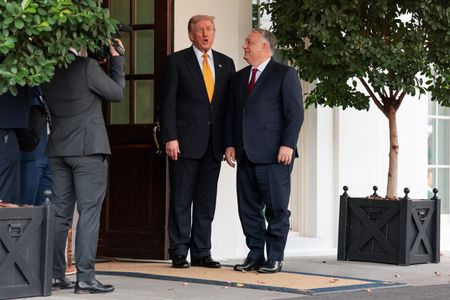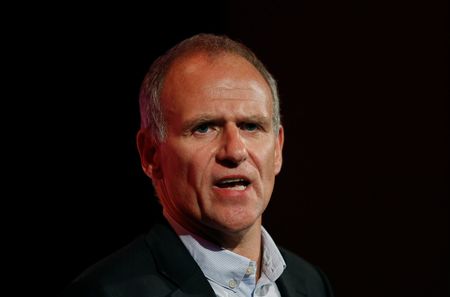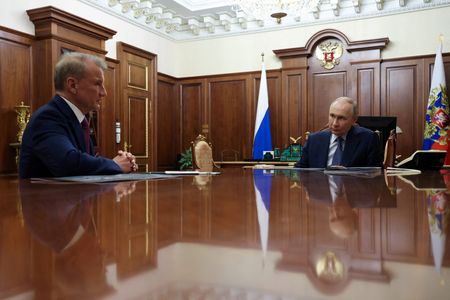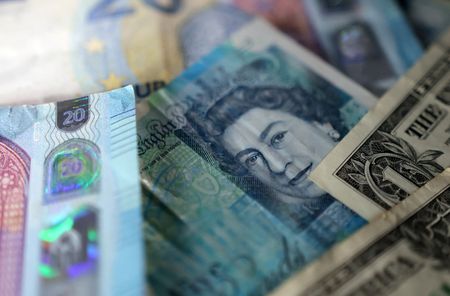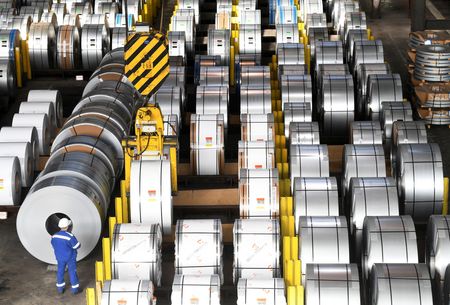KYIV (Reuters) -Ukraine’s anti-corruption bureau said on Monday that it was conducting a large-scale investigation into the country’s energy sector, alleging kickbacks in transactions involving Ukraine’s state nuclear power operator Energoatom.
Ukraine’s energy ministry and Energoatom did not immediately reply to requests for comment.
The bureau, a state agency that operates independently of the government, alleged in a statement that a former adviser to the energy minister, Energoatom’s head of security, a businessman, and four “back office” workers were involved in a “high-level criminal organization.” None of the individuals were named in the statement.
The criminal group’s members “have built a large-scale corruption scheme to influence strategic enterprises in the public sector, in particular ‘Energoatom’,” the bureau’s statement on the Telegram app said.
A later statement said that Energoatom’s counterparties were forced to pay kickbacks of 10-15% in order to avoid having payments for services or goods blocked, or losing their supplier status.
“A strategic enterprise with an annual income of over 200 billion hryvnias ($4.79 billion) was managed not by the proper officials, but by third parties who had no formal authority,” the statement said, referring to Energoatom.
In July 2025, large protests and international criticism forced President Volodymyr Zelenskiy to reverse course and restore the independence of Ukraine’s two main anti-corruption agencies, following a government move to rein in their powers.
Eradicating graft and shoring up the rule of law are key requirements for Kyiv to join the EU, which Ukrainians see as critical to their future as they fend off a Russian invasion.
Ukraine’s power system has been significantly damaged by a fresh campaign of Russian bombardment this autumn, causing massive power cuts for consumers across the country. Russia has not hit nuclear plants, but has hit substations connected to them, according to Ukrainian authorities.
($1 = 41.7754 hryvnias)
(Reporting by Anastasiia Malenko and Yuliia Dysa, writing by Max Hunder; Editing by Toby Chopra, Alexandra Hudson)



